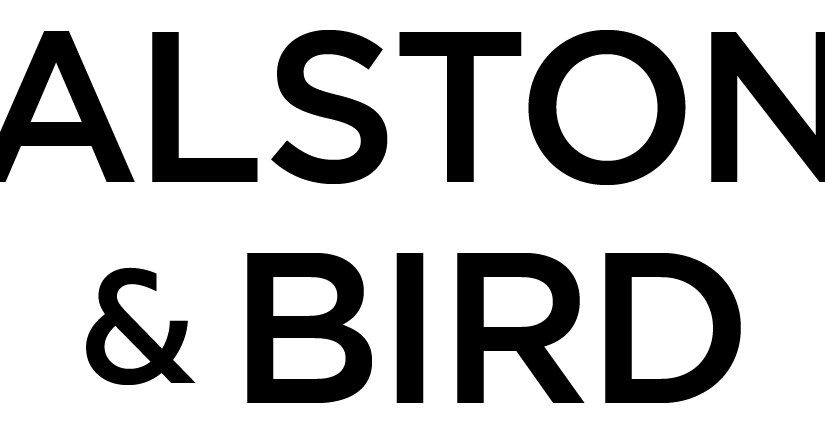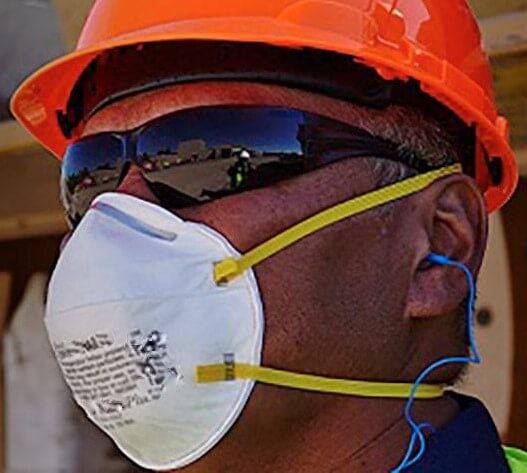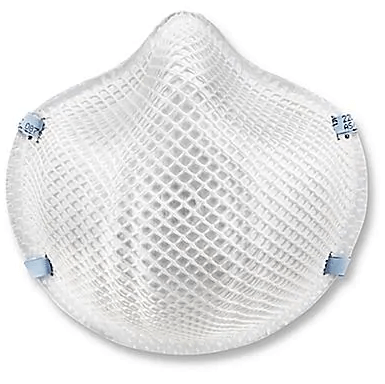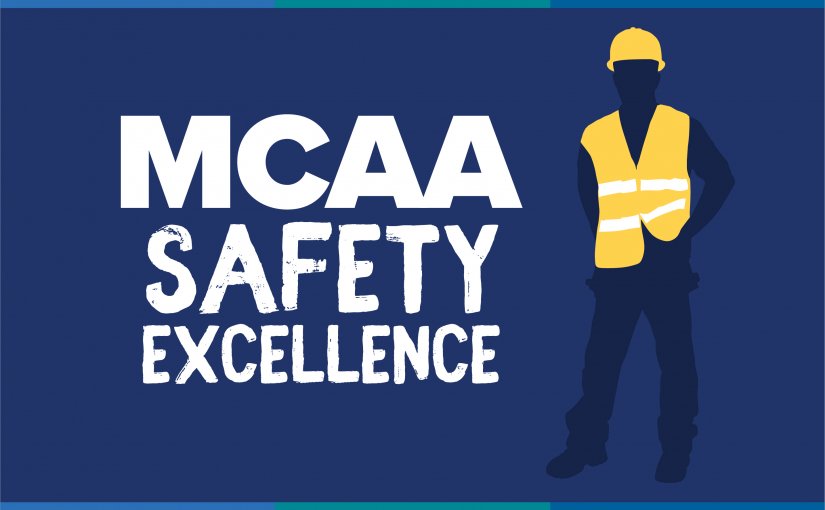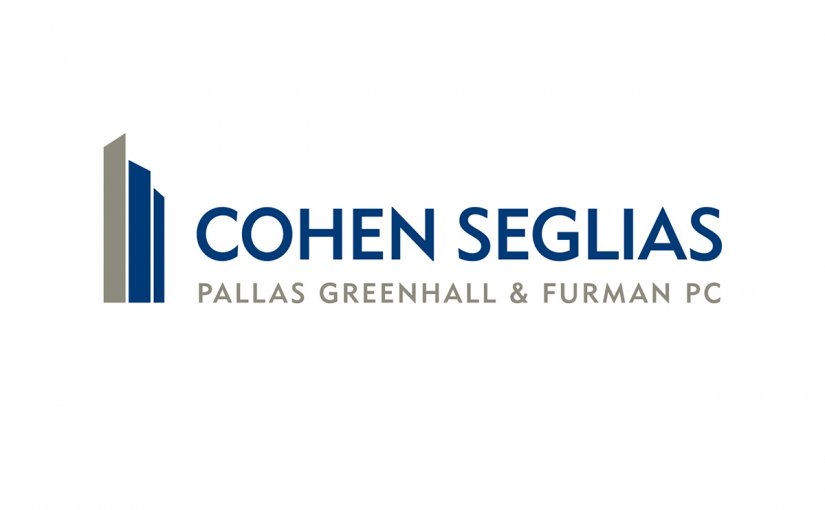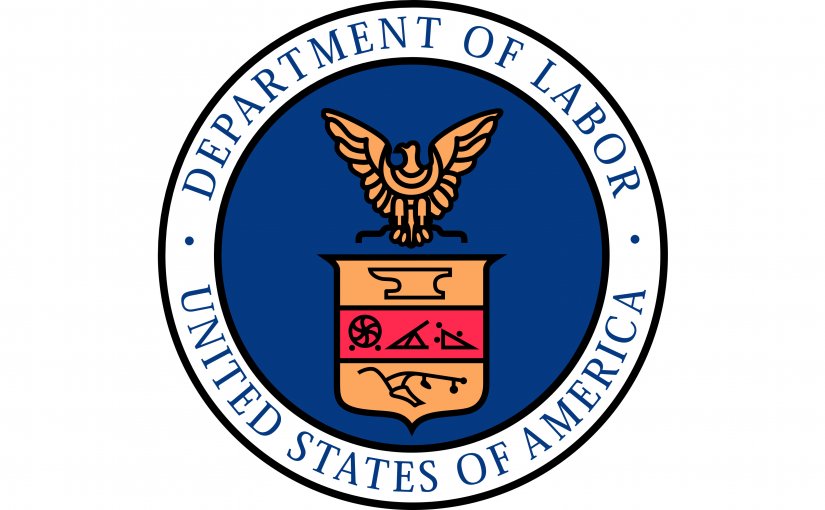With the number of reported cases of coronavirus (COVID-19) increasing, governors in various states are taking varying measures to reduce the spread of the virus. In some states, construction is still considered an “essential business,” whereas in others, construction can only continue for “emergency repairs” or the “construction of health care facilities.” Across the board, however, the message is clear that proper precautions must be taken on job sites in accordance with the requirements and recommendations of the CDC. Unfortunately, not everyone is following these rules and are requiring construction companies to continue to work without a formal exemption and without the implementation of rules and regulations that help facilitate social distancing to the detriment of your employees’ health and safety.
Cohen Seglias’ Construction Contracts & Risk Management Group prepared sample notice letters for use on jobs where contractors and subcontractors are still ordered to work either in violation of shutdown orders or under unsafe work conditions that are contrary to the CDC guidelines.
Also, with many companies still bidding and entering into contracts for new work, Cohen Seglias is providing sample force majeure language that covers pandemics such as this as an unforeseen event entitling you to an extension of time and an increase in price caused by any resultant delays.
Understand that these forms may need to be revised to fit your particular circumstances.
Download now!
